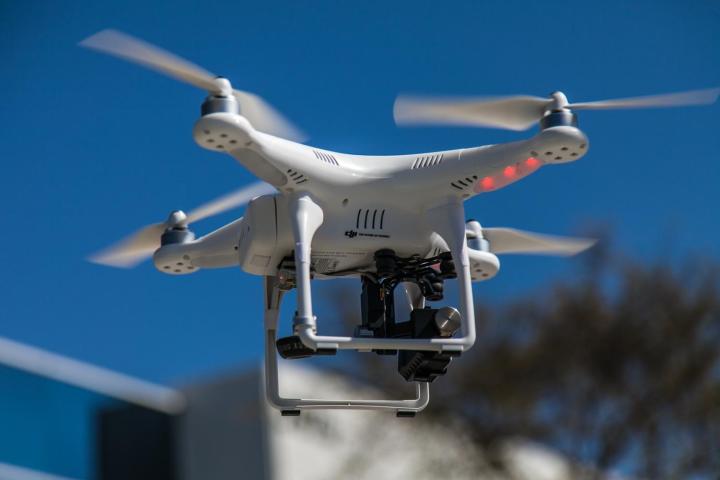
In recent findings published in Current Biology, scientists at the University of Minnesota determined that “bears had a physiological response to nearby drones even when they didn’t change their behavior to respond.” They came to this conclusion after GPS tracking and heart monitoring four bears — one male and three females — over the course of last fall. And every single time a drone flew overhead, even if the bears were hibernating, their heart rates spiked drastically.
Worse yet, these palpitations weren’t just short-lived reactions to the drones. In one extreme case, a bear’s heart rate did not return to normal for a solid 3.5 hours. University of Wyoming zoologist Jerod Merkle, who was not part of the study but is an expert in bear behavior, told PBS, “The incredible change in heart rate is by far the most interesting result of the study. An increased heart rate is indicative of bears getting themselves ready for a fight or flight response.” Though of course, when it comes to drones, neither reaction is all that useful.
David Grémillet of the CNRS Centre for Functional and Evolutionary Ecology in Montpellier, France spoke to the importance of the study, saying, “Though the authors only studied four bears, their results are extremely valuable in the context of understanding drone impacts on wildlife and designing appropriate guidelines for future users.”
Of course, with the growing popularity of drones, especially in scientific studies and observations where humans are otherwise unable to gain access, it isn’t exactly feasible to stop the use of all unmanned flying vehicles. Rather, the results of these studies have simply left scientists and researchers with more factors to consider.
Said Mark Ditmer, a wildlife ecologist at the University of Minnesota, St. Paul who helped conduct the study, “We need to be aware that just because we can’t visually see an effect, that it doesn’t mean there’s not some sort of stress response going on. We don’t know if bears or other species can habituate to having drones flying over them. Right now, it’s just getting started — but I guarantee you in five to ten years it will just be commonplace to be using them for many aspects of research and conservation.”
Editors' Recommendations
- Check out Wing’s largest delivery drone yet
- Oops! Drone delivery crash knocks out power for thousands
- Check out this mega-drone designed for hefty payloads
- Check out this FPV footage of a drone zipping through the Mall of America
- Check out the 90-mph racing drones that broadcast NASCAR’s Daytona 500


